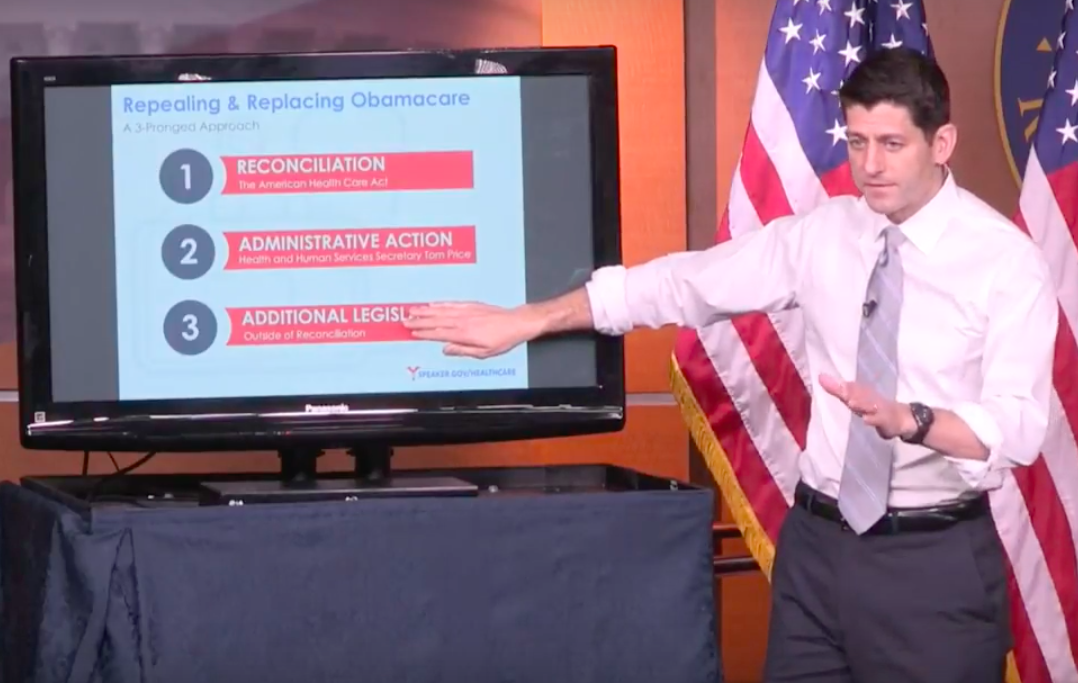
As more details emerge about the Obamacare repeal bill, called the American Health Care Act, some worry about the impact that the AHCA will have on access to treatment for substance use disorder, especially for low-income Americans.
According to a report by Vox, not only will 6-10 million Americans lose health insurance, millions could be cut off from access to addiction treatment as a result of the bill.
About 2.8 million people living with substance use disorder will lose some or all of their health insurance coverage if Obamacare is repealed, according to a January analysis by Harvard health economist Richard Frank and Sherry Glied, Dean of the Wagner School of Public Service at NYU.
In a January op-ed for The Hill, Frank and Glied predict that the federal government’s recent investment of $1 billion to tackle opioid abuse (via the 21st Century Cures Act) would be “squandered if the new Congress rolls back recent gains in the quality and level of substance use and mental health insurance coverage generated by the Affordable Care Act (ACA) of 2010.”
AHCA’s plan to roll back Medicaid and health insurance tax credits are another concern for those who rely on government assistance for addiction treatment, according to Vox. In 2014, Medicaid was the second largest payer for addiction treatment, after state and local programs, according to Truven Health Analytics.
Starting in 2020, AHCA would freeze Medicaid enrollment and would no longer require Medicaid to cover essential health benefits like addiction treatment—with the aim of having the federal government pay less for Medicaid over time by shrinking coverage.
Another potential consequence, pointed out by Keith Humphreys, a drug policy expert at Stanford University, is that many providers of addiction treatment—which tend to be small businesses—may find it difficult to stay in business if clients lose coverage for addiction treatment.
This could affect both the supply and quality of treatment. “Most providers are small, mono-business entities that can’t absorb costs elsewhere in their care systems,” Humphreys told Vox. “While hospitals will not go broke if poor people get less oncology care coverage, many [substance use disorder] treatment agencies will.”
The AARP, the American Hospital Association, and the American Medical Association have spoken out against the overhaul of the Affordable Care Act.
